The survey was taken between September 2013 to August 2014, during which per-kWh rates averaged JPY4.19 (USD 0.036 at USD1=JPY118), or some 28.1% higher than that of the fiscal year (April 2011 to March 2012) that immediately followed the giant earthquake of March 2011. For the ordinary company surveyed, that hike represents an increased annual burden of around JPY10 million (USD 85,000).
When asked about their ability to accept the added burden, some 57.0% of all respondents said that they could not accept the current high level. That figure includes those companies saying that the only acceptable rate was less than JPY1/kWh. If those companies saying they could accept JPY1/kWh were also included, that figure would grow to 67.2%.
Noting that any further hikes in electricity rates would adversely affect the companies’ management, the JCCI, in its report, stresses the urgency of “applying the brakes” on future hikes.
Meanwhile, in response to a question about what they would do to react to future electricity rate hikes, the companies most frequently cited cutting the workforce and personnel costs. 61.0% of manufacturers gave that answer. Other responses included reducing or controlling facility expansion and R&D activities (36.3%), with 41.7% of manufacturers answering thusly.
Overall, only 10.2% of the companies said that future rate hikes would not affect their business.
As for energy policy in general, the surveyed companies called for measures to hold down costs, such as formulating the official energy mix swiftly and restarting the operation of nuclear power plants with enhanced safety.
Besides the JCCI survey, there was a similar survey taken by the Osaka Chamber of Commerce and Industry, with 243 member firms responding. The results were released on January 21.
Slightly more than 90% of the companies in the Osaka survey said that they were soon reaching the limit of what they could do to conserve energy. Some of the companies also said that if power rates were raised again, they would consider buying their electricity from another company than Kansai Electric Power Co., as well as take some steps as cutting costs and holding down wages.


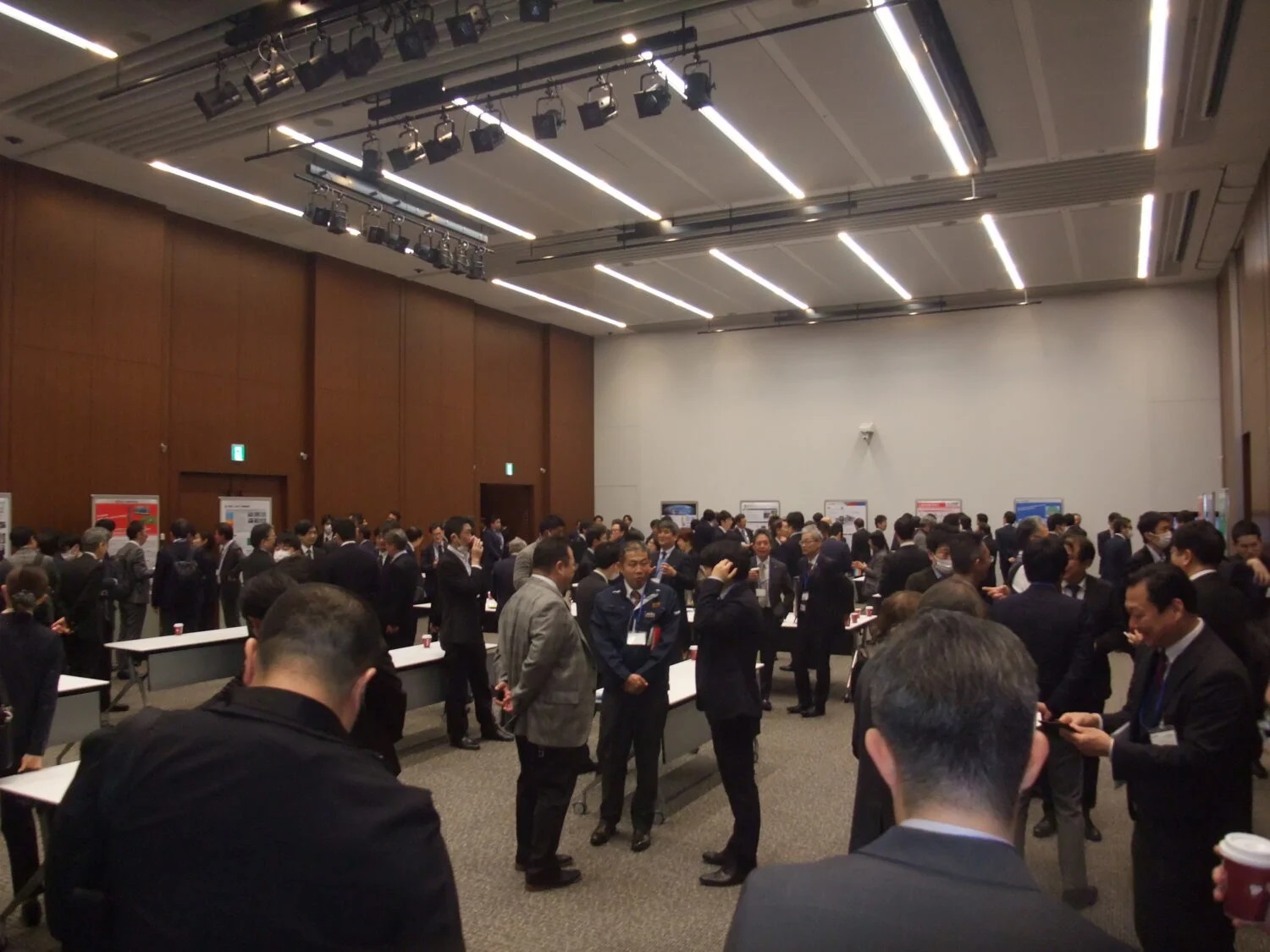

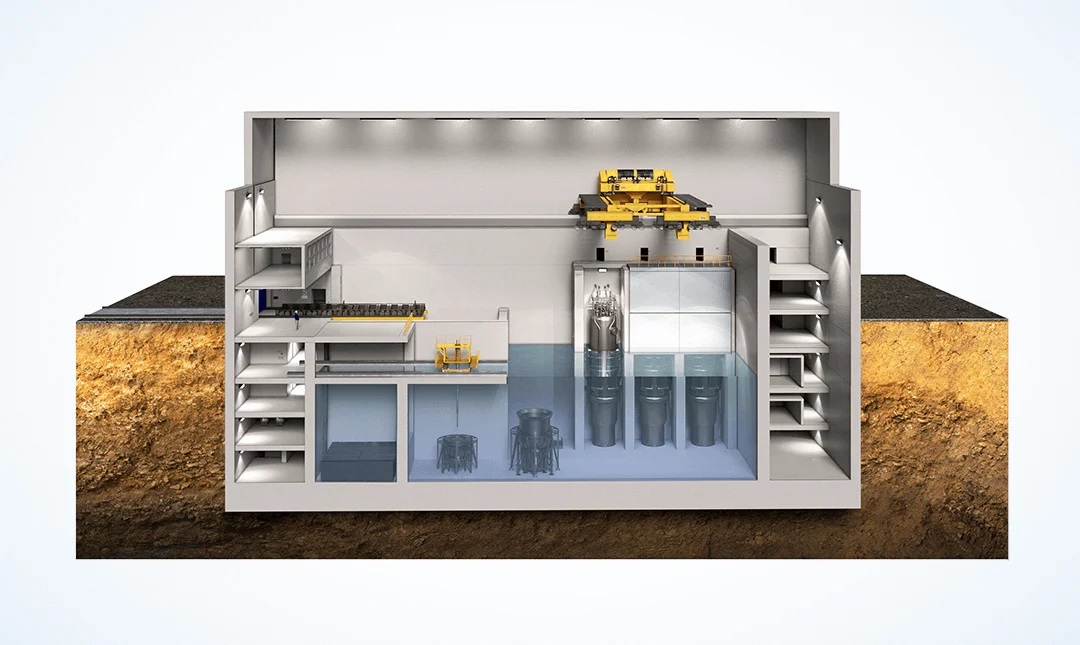
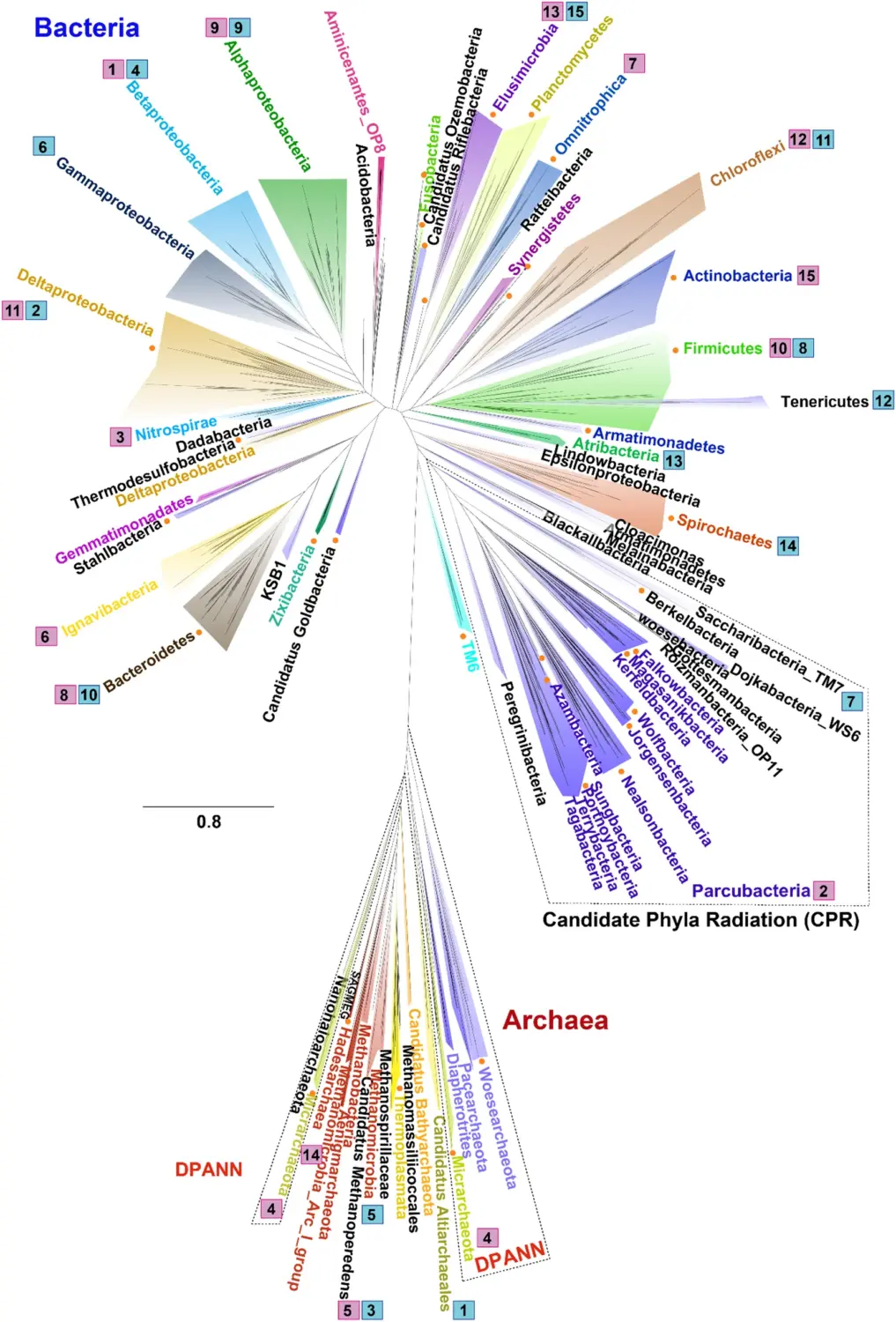
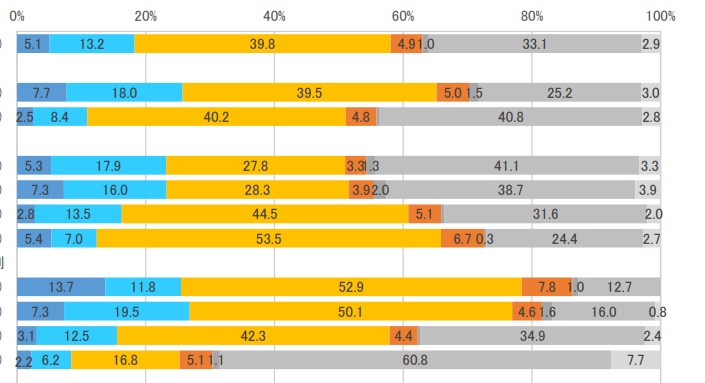

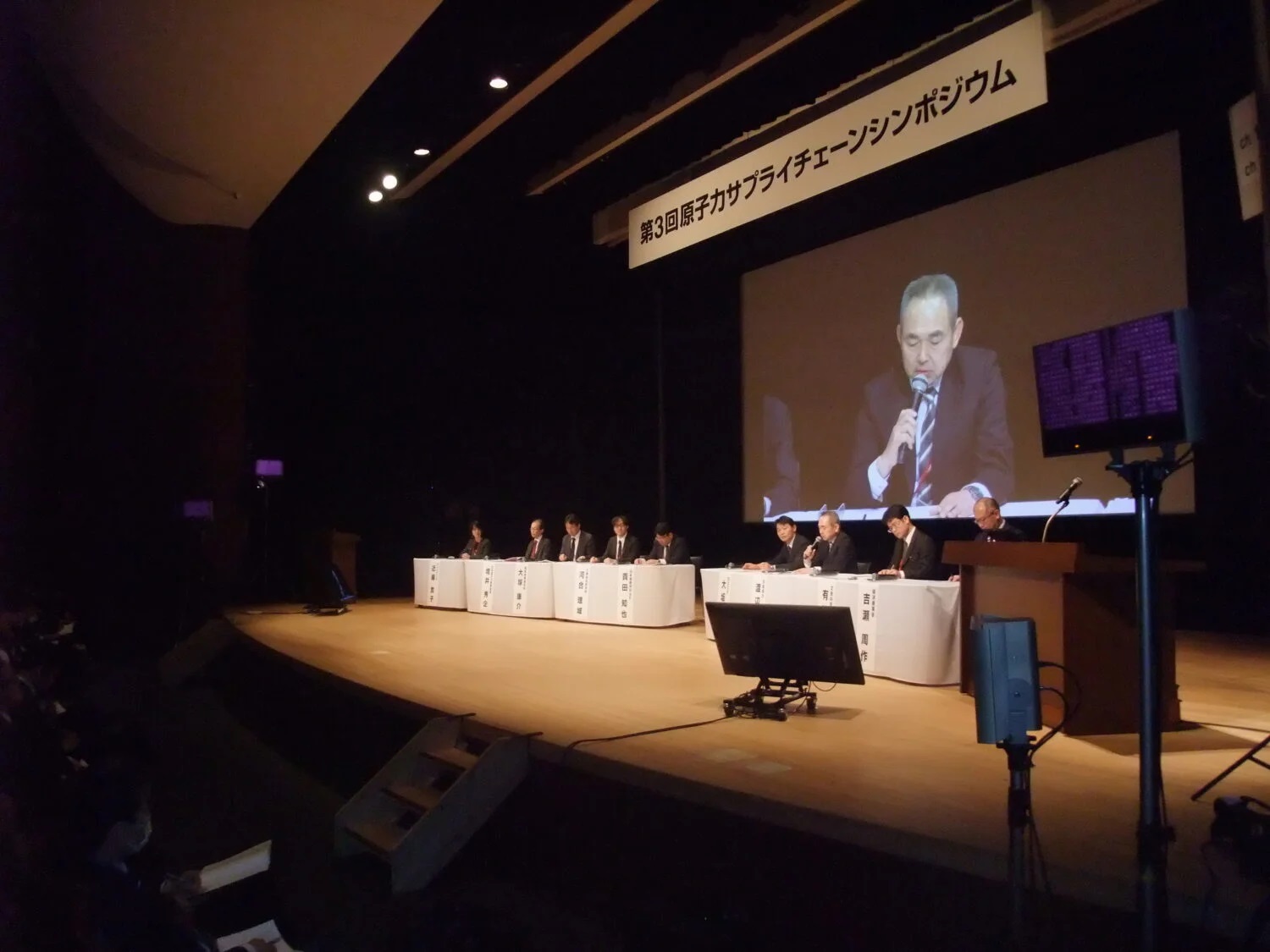
-1.png)


